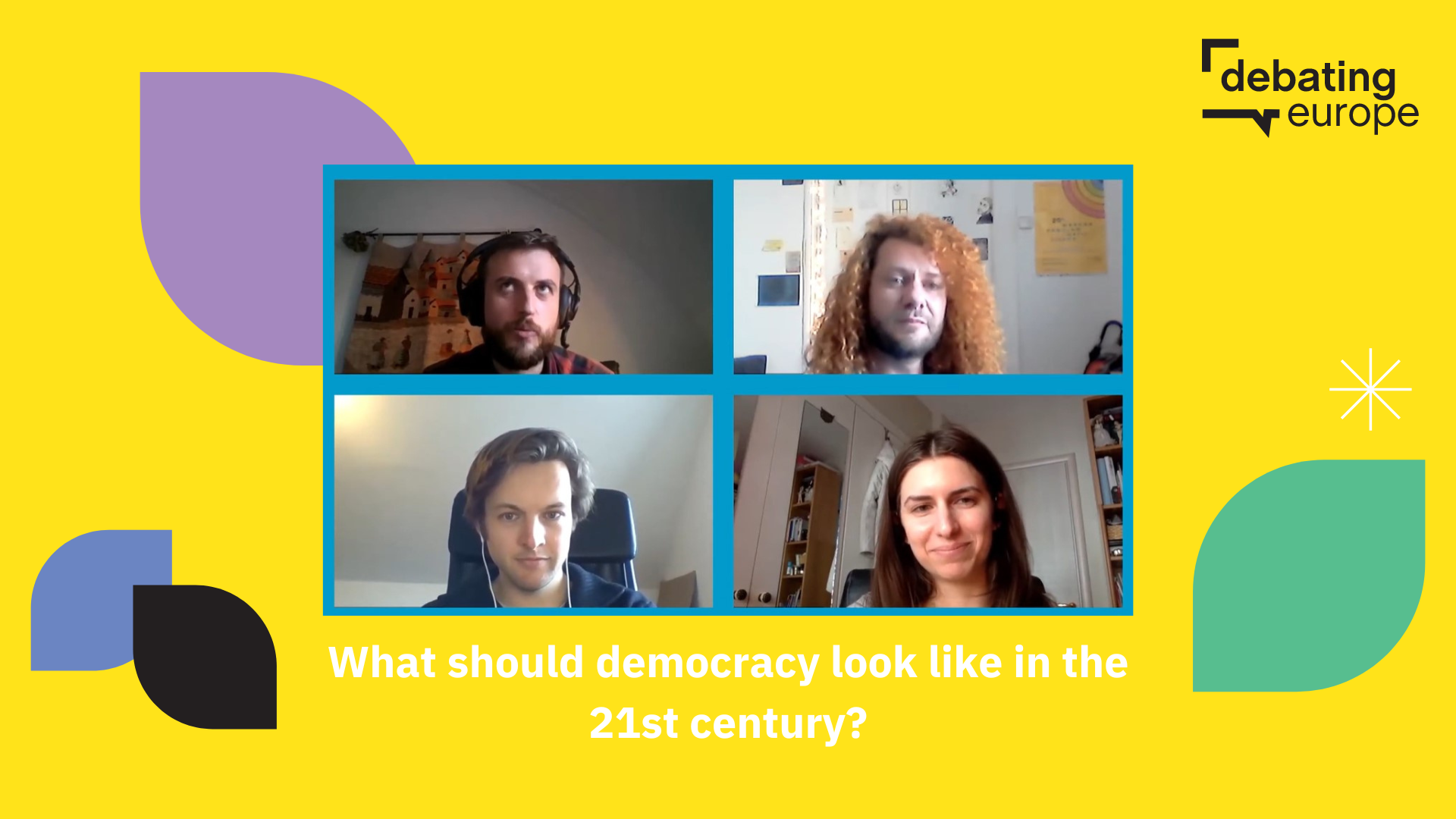Events
What should democracy look like in the 21st century?

The end of history?
After the Cold War, scholars were quick to proclaim the end of history and the triumph of liberal democracy over its ideological rivals. A wave of democracy was washing across the world and, by 2002, the number of democracies outnumbered the number of autocracies for the first time in history.
In 2022, however, the tide seems to have turned. Liberal democracies around the world are now struggling to respond to increasing levels of disinformation, polarisation, erosion of political norms, lack of media plurality, and even full-blown democratic backsliding (including the undermining of civil rights and rule of law).
Is it time to start experimenting with democracy?
Does democracy have to resemble the post-war democratic systems we are all familiar with? Can Europe institutionalise the “deliberative wave” of democratic experimentation represented by national citizens’ assemblies, mini-publics, and the Conference on the Future of Europe?
Debating Europe convened our own citizens’ panel, with a mix of citizens and civil society representatives, to discuss the future of democracy. You can watch the panel in the video above.
What should democracy look like in the 21st century?
Should participatory and deliberative processes be better connected to representative democratic bodies, such as the European Parliament? Can citizens’ panels support instruments of direct democracy, such as referendums? Should Let us know your thoughts and comments in the form below and we’ll take them to policymakers and experts for their reactions!
Image by Drazen Zigic on Freepik
Funded by the European Union. Views and opinions expressed are however those of the author(s) only and do not necessarily reflect those of the European Union or the European Commission. Neither the European Union nor the granting authority can be held responsible for them.![]()
